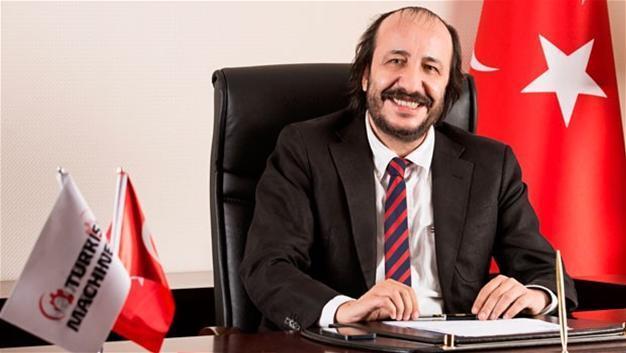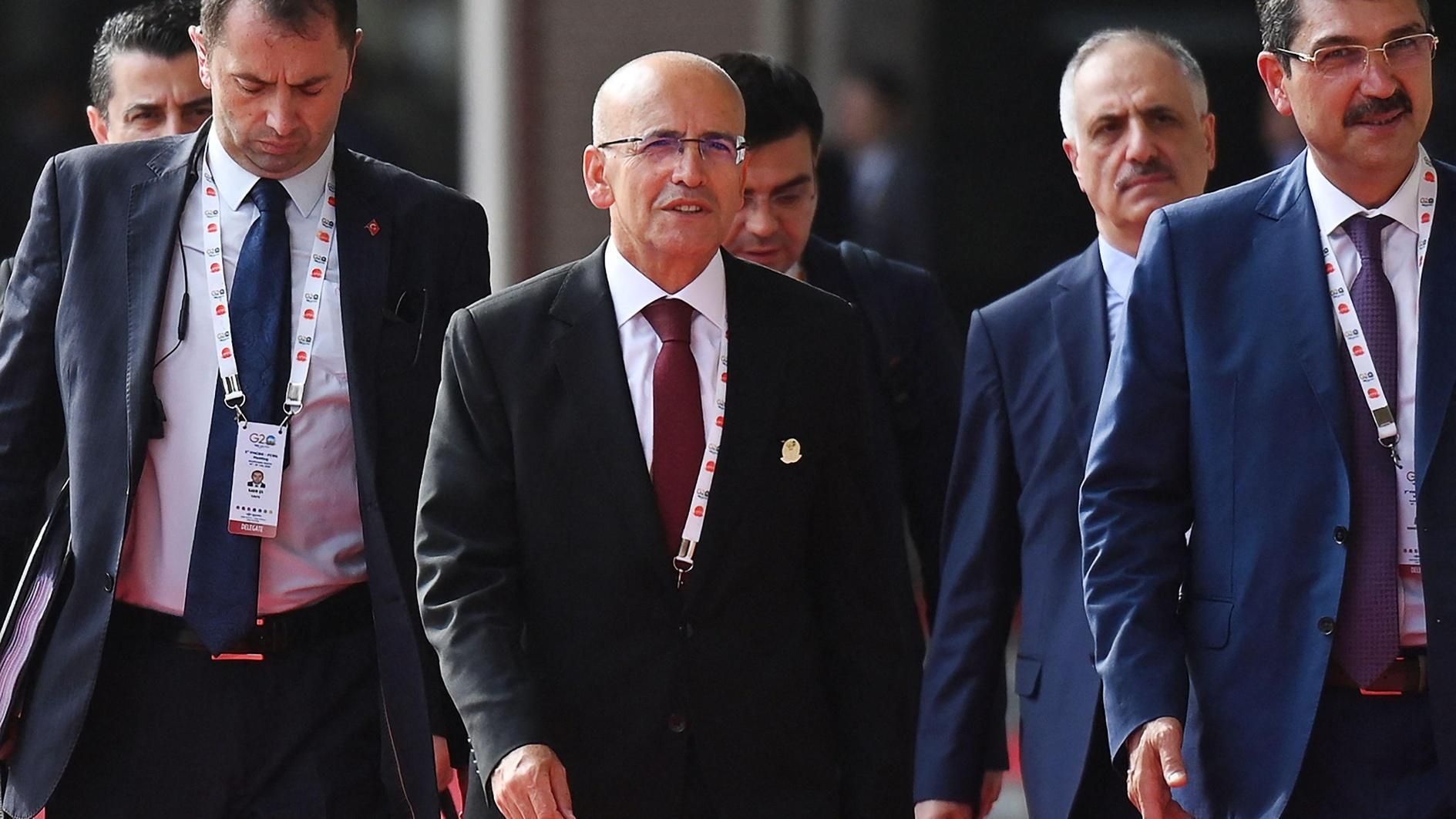Japan’s IHI to make compressors in Turkey
TOKYO – Nikkei
 IHI will become the first Japanese company to establish a factory for compressors in Turkey, which it sees as a base for exporting the machines to Europe, the Middle East and other growing markets.
IHI will become the first Japanese company to establish a factory for compressors in Turkey, which it sees as a base for exporting the machines to Europe, the Middle East and other growing markets.The Tokyo-based heavy industry group will partner with Turkish industrial machinery maker Dalgakıran Makina on the joint-venture plant.
IHI aims to begin production there in the fiscal year starting April 2018 and reach annual output of about 200 compressors in fiscal 2021, according to executives.
The joint venture, to be formed as soon as this year, will be 51 percent owned by IHI and headed by a transplant from the Japanese company. It is expected to have a staff of roughly 60. Around 1.5 billion yen ($14.4 million) in capital spending is planned.
Dalgakıran has a presence in Germany, Russia and other markets.
Impellers, gears and other core components will be made in Japan by IHI. Less-critical parts are to be procured from local and other sources.
Toyota Motor, Honda Motor, Isuzu Motors, air conditioner maker Daikin Industries and other Japanese manufacturers already have factories there. Mitsubishi Electric plans to begin A/C production in Turkey in 2018.
IHI will market its Turkish-made compressors to foreign manufacturers as well as fellow Japanese ones. It also makes compressors in China.
IHI has strength in small and midsize compressors. Its mainline turbocompressors equip factories in industries as varied as steel and food, supplying compressed air for powering machine tools, applying paint and carrying out other tasks.
Automotive turbochargers, an offshoot of compressor technology, have grown into a business that generates a tenth of IHI’s sales.
The Turkish investment forms part of IHI’s plan to spend about 10 billion yen on equipment and research for its rotating machinery segment, which includes compressors, in the three years from fiscal 2016. By fiscal 2018, the company aims to raise this segment’s sales to 60 billion yen, 20 percent higher than last fiscal year.
















